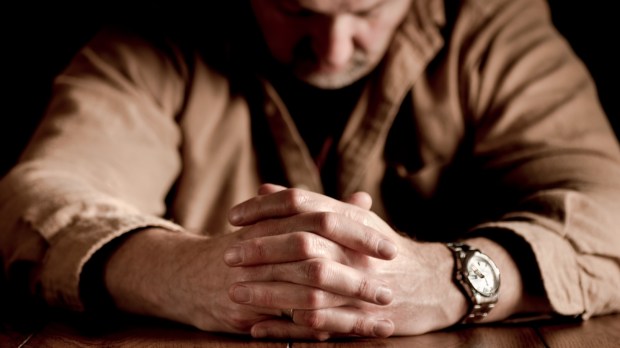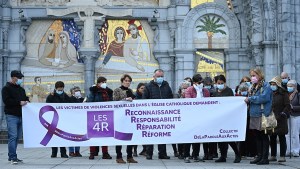“We have sociological and historical studies, but we lack theological and moral tools to arrive at a global and serious reflection on the question of abuse,” explained Cardinal Marc Ouellet on February 20, 2023, during a press conference held at the Vatican to present the Acts of the Symposium on the Priesthood held in Rome a year earlier.
The outgoing prefect of the dicastery for bishops, who will leave his post on April 12, explained that a better sharing of responsibilities between clerics and laity is the best way to fight against these phenomena.
The Canadian cardinal pointed out that among the many issues addressed during the Symposium was the “desacralization” of the figure of the priest, asking the blunt question: “Has the divine aura surrounding the priest facilitated the manipulative violence of certain perverse ministers?”
Surely alluding to the French Ciase report, the now ’emeritus’ prefect of the dicastery for the bishops recognized that some studies mention “the sacredness of the priest among the so-called ‘systemic’ causes of abuse.”
Cardinal Ouellet is a strong defender of priestly celibacy and a traditional view of the priesthood, and is known to have reservations about such analyses. However, he stressed that the problem of abuse must be taken into account “in any proposal for theological or pastoral aggiornamento.”
Interviewed by I.MEDIA, the Canadian cardinal acknowledged that “the question of abuse has put bishops, priests, and their relationship with each other in crisis.”
The current Synod, which aims to highlight the “co-responsibility between lay faithful and ministers,” must therefore allow for the building of “an atmosphere of mutual listening, which has undoubtedly been lacking in previous decades,” the Canadian cardinal explained.
The rediscovery of the “intrinsic link between the priesthood of ministers and the priesthood of the baptized” can be a valuable tool to avoid the repetition of abuse.
“It is illusory to pretend to be able to totally eliminate this risk,” Fr. Vincent Siret, who was superior of the French seminary in Rome from 2017 to 2022, told I.MEDIA. “Everyone must reappropriate this baptismal vocation, understanding its relationship with the specific vocation of the priest,” he stressed, considering that “this differentiated unity within the Church, where each has its place, makes it possible to limit the risk of abuse.”
In the context of the Synod, where power struggles are sometimes expressed that make young priests feel “out of step and questioned,” Fr. Siret said that “the reality of the Church cannot be limited to an institution with functions to be filled: young priests situate their vocation in a deeper and more mystical vision of the Church,” which cannot be identified with a logic of power struggles or “parliament,” he stressed.
Better formation and accompaniment
During the presentation of the Symposium’s proceedings, published in two volumes, Bishop Marco Busca, an Italian theologian and the bishop of Mantua, insisted on the importance of developing formation in seminaries. Ensuring that future priests are also formed by lay people, especially women, avoids the risk of a formation “in a closed world (…) not capable of interacting with today’s culture.”
A “more attentive discernment” can be achieved through a longer propaedeutic period, in order to detect obstacles to eligibility for the priesthood but also the possible margins of progress. The specific problems identified in some seminarians require “time for re-reading, for healing, for maturing,” explained the Bishop of Mantua.
Cardinal Gianfranco Ghirlanda, a Jesuit and canonist, acknowledged that every case of abuse committed by a priest shows that “something has gone wrong” in seminary formation. He stressed the importance of “solid spiritual formation” and the use of “psychological help” to detect at-risk profiles.
He also stressed the importance of good accompaniment of young priests by their bishop. “I have many reports of young priests who feel totally abandoned by their own bishop. They are in difficulty and don’t know where to turn,” Cardinal Ghirlanda lamented, stressing the duty of bishops to assume their role as “father and pastor.”
For Sister Linda Pocher, “sexual abuse is part of a larger system, including spiritual abuse and abuse of conscience, which is not only committed by priests,” she insisted. “If we are not aware of this, we run the risk of going on a witch hunt which would be a dead end. We would find a scapegoat, and other forms of abuse would risk remaining buried,” warned the Salesian nun.


